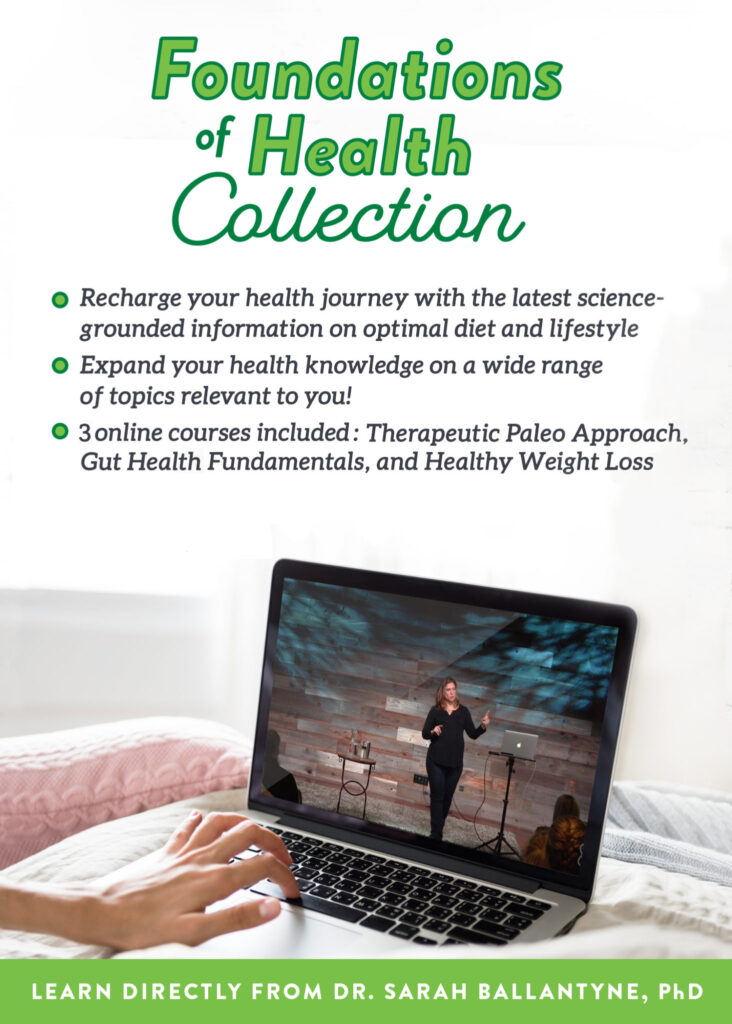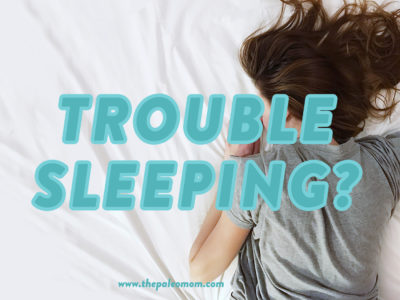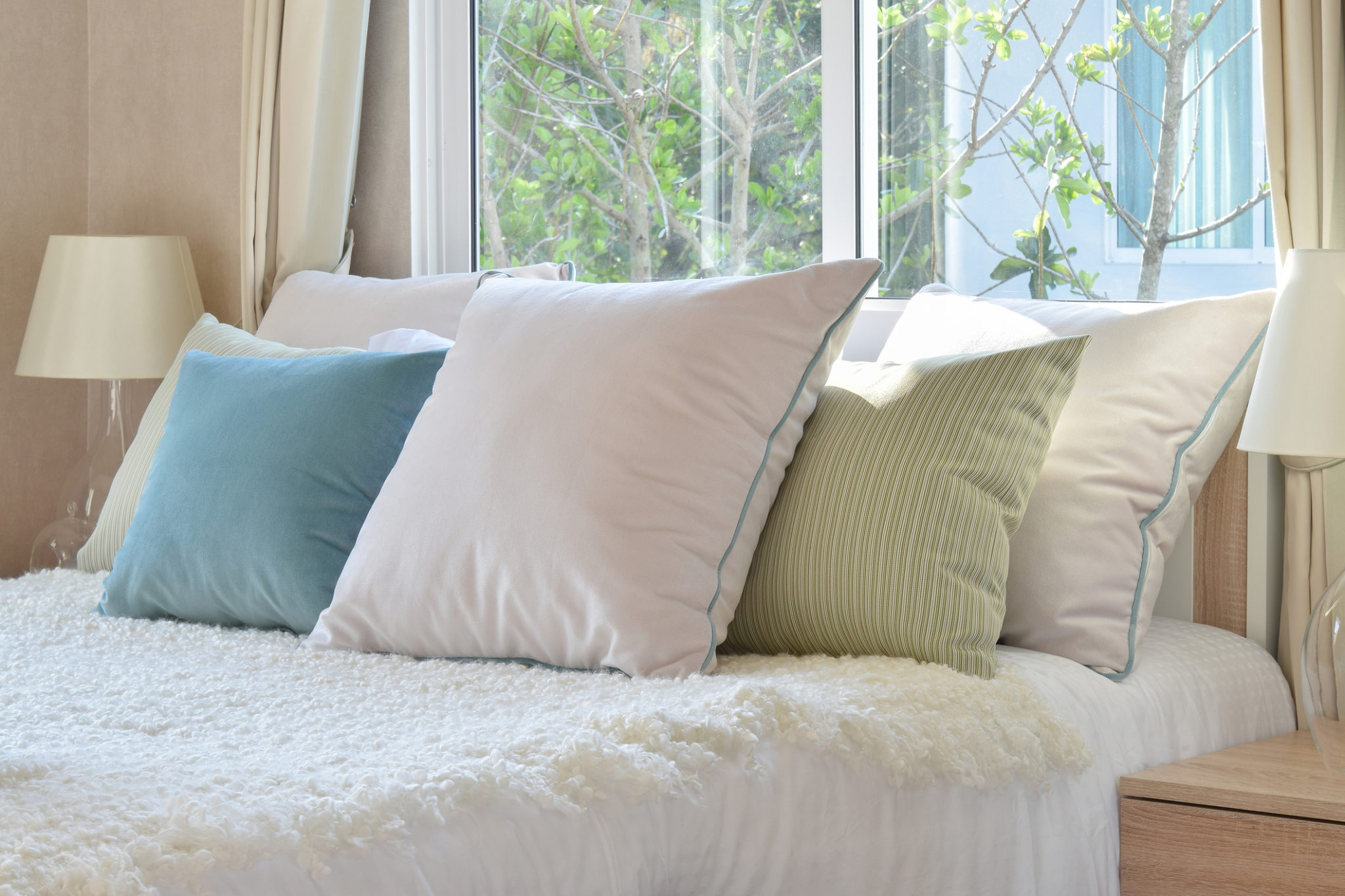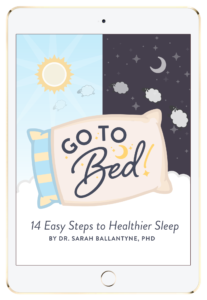After following a Paleolithic diet, I think prioritizing sleep is probably the most important thing you can do for both your short- and long-term health. But sometimes just trying to get more sleep doesn’t really work. If you wake up frequently at night, have a hard time falling asleep, or wake up super early in the morning without feeling refreshed, here are some ideas that might help.
Save 80% Off the Foundations of Health
Expand your health knowledge on a wide range of topics relevant to you, from how to evaluate scientific studies, to therapeutic diet and lifestyle, to leaky gut and gut microbiome health, to sustainable weight loss, and much more!!!

If none of these ideas help, or you need more information, I suggest checking out the book Lights Out: Sleep, Sugar, and Survival by T.S. Wiley.




 Garlic-Margarita Whitefish
Garlic-Margarita Whitefish